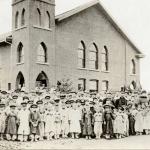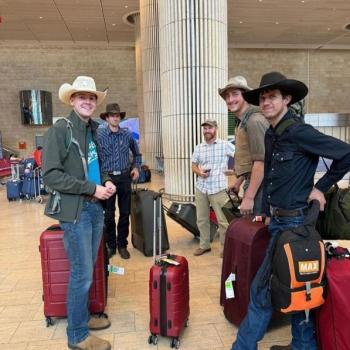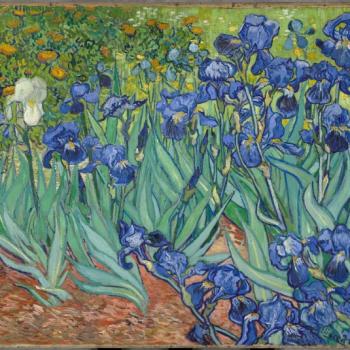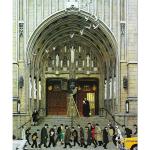The central question of this essay has plagued man ever since the fall.[1] What does it take to be in the image of God without setting myself up as an idol?
You do not have to own a home in Beverly Hills or a recording studio in Nashville to be an idol. If you think you have to be an athlete, talk show host, or any other celebrity, you are wrong.
There are countless ways that we face the tension between the imago Dei and idolatry at the local level. I am going to take a look at idolatry in brief, followed by an example of some tensions in the sciences.
Do we accuse those who serve in the sciences of “playing God”? I would contend that there are many Godly men and women who serve in various scientific fields, both today and throughout history.
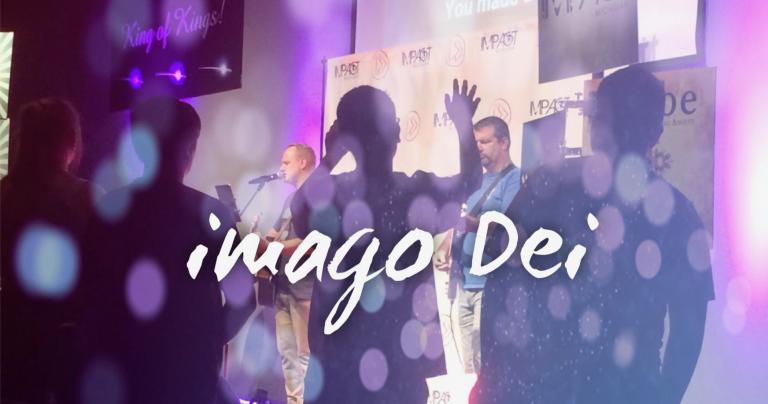
The Same Yet Diffferent
A tselem [image] in the ancient Near East could refer to a statue reminding people of a king’s presence, human beings were created to have a special, personal relationship with God that includes their being God’s representatives in the world.[2]
Here is the paradox. Man is forbidden to form an idol or image of God. However, man is required to be the image of God, to represent God to the world. “Humans are not identical to God while being a real reflection of God.”[3] Man stands between God and creation, and we are neither completely alike nor dissimilar to either.[4]
Secularization
John Hedley Brooke dismisses the secularization model along with other models that attempt to put scientific exploration in a box. However, for the sake of discussion, the secularization model raises a good question. In the context of this post my question is, has our reliance on science freed us from our need for miraculous intervention?
The sciences have led to a secularization of knowledge, new technologies have delivered such power over nature that their exponents are sometimes accused of ‘playing God’. New medicines have removed that direct sense of dependence on God, which in times past found expression in doctrines of providence.[5]
Though the secularization model is faulty in some respects, the question of the lack of the miraculous looms over a modern society that has turned to science rather than to the Spirit.
From the perspective of being image-bearers I would ask, if we do stand between God and creation, then why do we not see His wonders?
I believe that our dependence on science is not at the expense of our dependence upon God. The two should no be diametrically opposed. In fact, I could argue that God uses man as an instrument of scientific exploration, creativity, and even healing.
On the other hand, do we depend on science now, when we used to depend on the miraculous? For instance, would we see more miraculous healings flow through pastors if our nation ever discontinued national healthcare insurance programs?
Easy questions to ask, very difficult to answer
As stated above, from a Theological viewpoint, we are tselem, the image. We use the same word for statues or idols.
In the creative order, we are lower than the angels, yet everything else is subject to us (Psalm 8.3-5; Hebrews 2.5-8). We strike a balance when we take our place in this in-between realm that is carved out for us. Imbalance occurs when we try to play God, or when we demote ourselves to the same level as animals.
This question of the imago Dei is one that Christians in the scientific disciplines cannot easily dismiss. Then again, some of us have a foot in the realm of the soft sciences (i.e. anthropology, psychology, social science, etc.). We may have a greater responsibility as we integrate a true humanistic theory with Theology.


